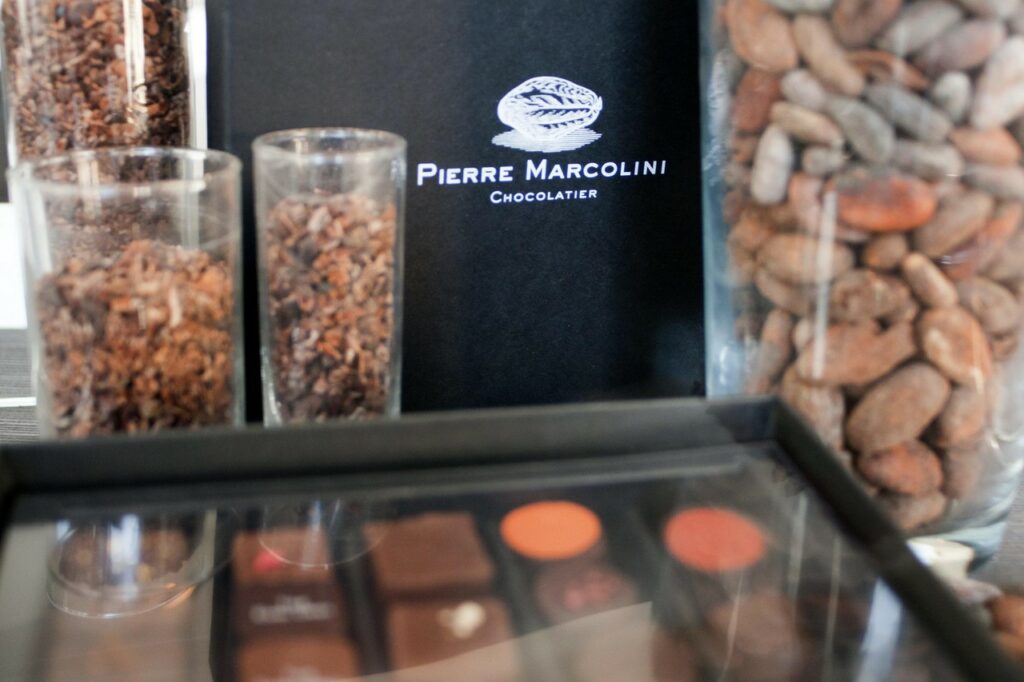A new 3,500 square metre building, acquired in 2023 and adjacent to Pierre Marcolini's chocolate workshop, will be fully operational by mid-October, significantly boosting production capacity.
The chocolatier's main shareholder, the Japanese company VM2 Holdings, owned by Korean investment firm MBK Partners, may no longer be Belgian, but Pierre Marcolini remains deeply committed to his Brussels roots. The new facility will allow him to double his production capacity immediately, with the potential to triple it in the coming years, according to L'Echo.
Purchased nearly a year and a half ago, the previously closed and somewhat dilapidated building has been transformed into a bright, modern space featuring large windows.
Reviving old space into productive hub
It is also equipped with sustainable installations, including 3,500 square metres of solar panels and a rainwater harvesting system. The plan is to consolidate the two existing buildings into one, creating new offices and a workshop covering approximately 5,000 square metres. The purchase and renovation of the building, costing around €2.5 million, represent a total investment of about €5 million.
Marcolini is currently seeing double-digit growth, particularly in Asia, where Belgian chocolate is highly esteemed. The company expects to approach €60 million in revenue this year.
“In 2024 alone, we opened ten shops, mostly in Asia—South Korea, Japan, China. In Europe, our growth is focused mainly on the UK. In total, we now have over 55 shops worldwide,” Marcolini told L'Echo.
Marcolini is now focusing exclusively on creative work, leaving operational management to Jeanne Guillet. Guillet, who joined Marcolini in 2017 after leading Publicis, took charge of Asian operations before becoming CEO in 2022.
The chocolatier's commitment to quality is unwavering. “The direct supply chain connecting us to our growers allows us to avoid flavour loss, particularly from storing chocolate in cardboard boxes,” Marcolini explained.
Despite the challenges of Brussels' economic landscape, which forced companies like Leonidas to relocate due to lack of space, Marcolini remains steadfast in the capital.
“We stayed in Brussels because we’ve built a high-quality team of artisans, and we want to keep them. Our turnover rate is below 2%,” Marcolini stated. This is significant for a company that has hired 30 additional employees in Brussels this year and employs 180 people in Belgium, including over 80 artisans in Brussels.
The arrival of the Japanese shareholder has not altered Marcolini's methods. All production continues to be based in Belgium—where quality is paramount.

